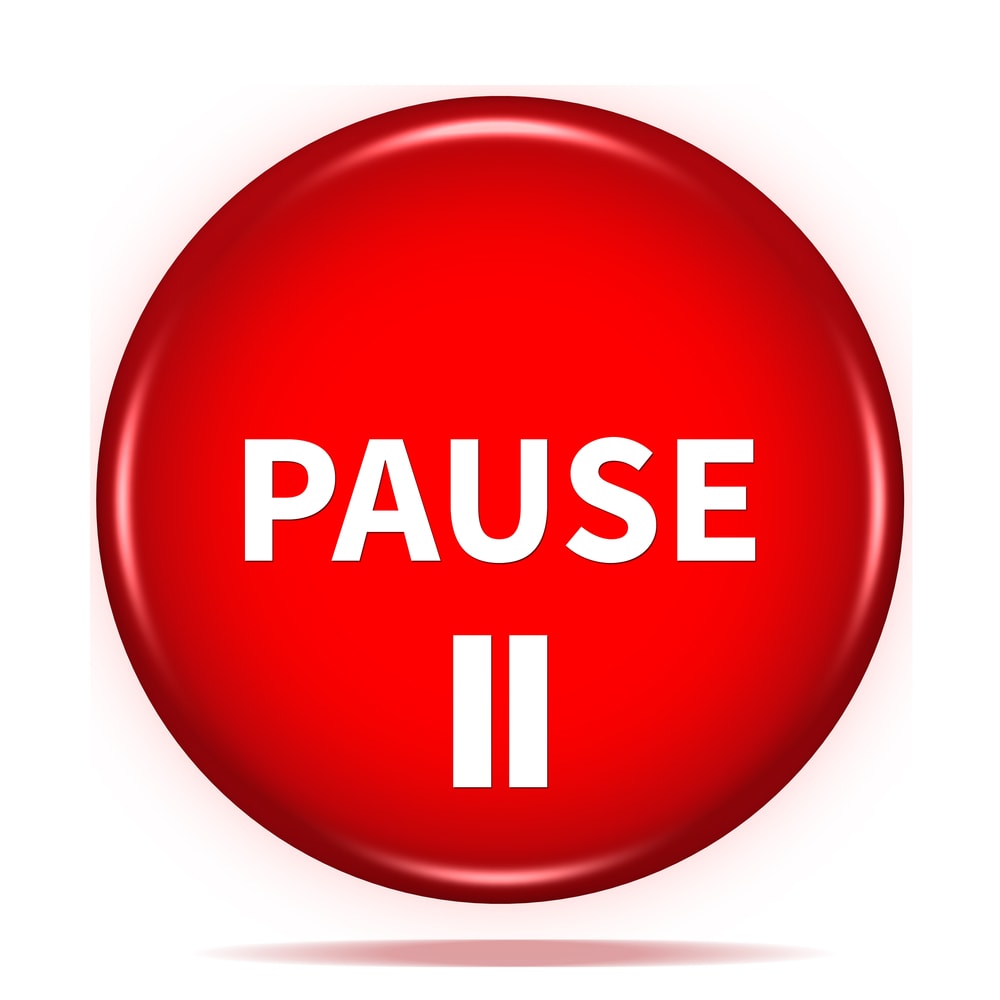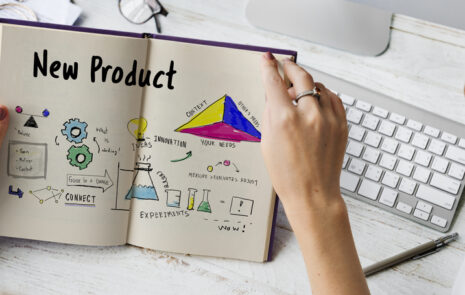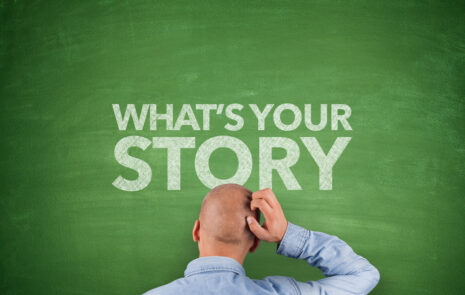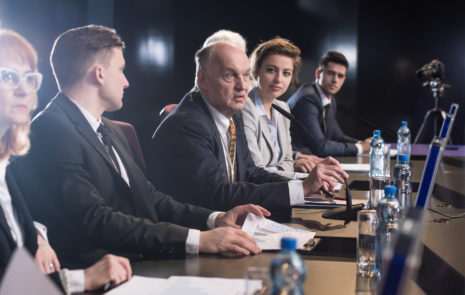
Media interview? Read these tips to be successful on the phone.
A media interview is a great way to get your company’s story heard. But in this day and age, with people scattered all over the globe, they are often conducted by phone.
Any type of media interview can be nerve-racking. Someone is literally writing down every word you say, and that same someone will choose quotes for thousands of others to read or hear.
Media interviews over the phone can be more daunting than ones conducted in person, because you can’t see the interviewer’s reactions or pick up on other non-verbal cues. However, with the right preparation and setting, you can ensure a successful media interview via phone.
Start with a Message Map
As with any type of media interview, I always encourage my clients to start by making a one-page Message Map. With a Message Map, you can see your key messages on one page, so you quickly see what to say and say what you mean.
And, this is where phone interviews are actually a blessing, you can have your Message Map in front of you during the media interview. That is not an excuse to not prepare for the interview. You still need to know your message inside and out.
Before the media interview
Next, find out everything you need to know before you do the media interview, and make sure you agree on topic and duration. Agreeing on the topic is particularly important. That way, if the reporter asks you something off that topic, you can say, “For this interview, we agreed on a specific topic. We’d need to arrange another time or set you up with another spokesperson to answer that question.”
With this approach, you are still offering to help the reporter with the other topic, and you are enabling yourself to stay on message. Even if you know the answer, stick to this approach. It increases your chances of getting your story heard.
You also need to make sure you set time to practice. If you have a communications or public relations liaison, they will happily play the reporter for you and help you think of specific questions to prepare for.
If you don’t have a liaison or anyone to practice with, practice yourself. And read other articles written by the reporter so you can get a feel for his or her style.
Pick a good environment
You’ll want to conduct the media interview in quiet place. An office or conference room with the door closed is ideal. Loud noises could distract you or the reporter, and you want to remain focused on getting your message heard.
If your communications liaison can be in the room with you, that is best. That way you have a person to look at when you speak, and a skilled professional to write on the whiteboard or point you back to your Message Map if need be. If you can’t be in the same room, then have your liaison on the phone, and also on an instant messaging tool. That way you can communicate during the media interview if you need to.
While it’s helpful to have a skilled communicator with you, If you don’t have one or they can’t attend the media interview, you can still be successful. Sit across from something you can focus on that won’t distract you. Have your Message Map in front of you. Make sure you have a pen and paper to write down the reporter’s name and anything else that comes up during the media interview that you want to remember.
During the media interview
For the best voice and tone, sit up straight or even stand. This will help you sound alert and confident.
Since you won’t be able to see the reporter, pause more frequently than you would during an in-person conversation. Pauses are always your friends during a media interview, and in a phone interview they are even more useful. They give the interviewer time to ask a question or give you other cues to their reaction to what you just said.

If the reporter is quiet when you pause, you may want to ask something like, “Is that clear or do you need more details?” Sometimes reporters pause to get the interviewee to say more. Don’t fall for that. If you have stated your answer clearly, there is no need to keep speaking.
It’s also important to be brief in phone interviews. While you should always be brief to get your message heard, since you can’t see the reporter’s reaction as you speak, being brief gives you more chances to pause and let the reporter interject with any questions.
Lastly, record the media interview. I recommend doing this for every type of interview for two reasons. One, you can use it to improve in future interviews by listening to it afterward. And two, it’s hard evidence of what you said in the off chance you are misquoted. Just make sure you let the reporter know that you will be recording the interview.
With the right preparation and setting, media interviews done over the phone can be just as successful as ones conducted in person.
For more tips on how to deliver on-message communications, subscribe to our blog.
Related Posts
Launching a product virtually? Read these tips
Tips for launching a product virtually. Autumn will be here soon. Time for changing leaves, pumpkin spice lattes, and product launches. Yes, product launches....
Bring Simplicity to Your Content Marketing
Do 7 simple things the right way. That’s the key to successful content marketing. Your ultimate success boils down to doing these 7 things...
“What is the best way to tell a corporate story with so many different business units?”
A marketer from SEI Investments Company asked, “What is the best way to tell a corporate story with so many different business units?” It’s...
Panel presentations: Does speaker order really matter?
On speaker panels, does the panelist order matter? If you’ve ever attended or spoken on a panel, you know it’s hard to make a...





